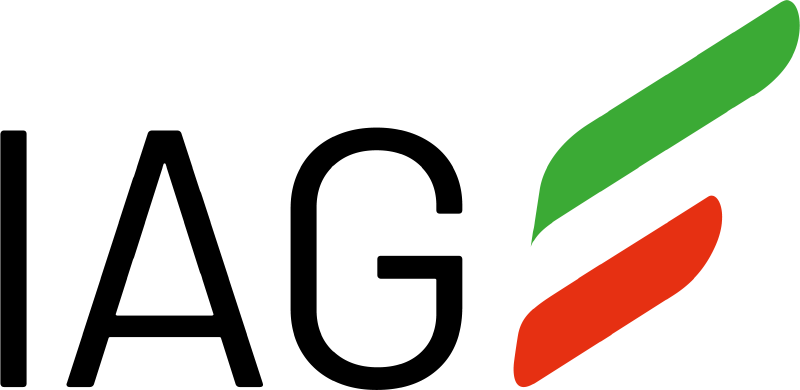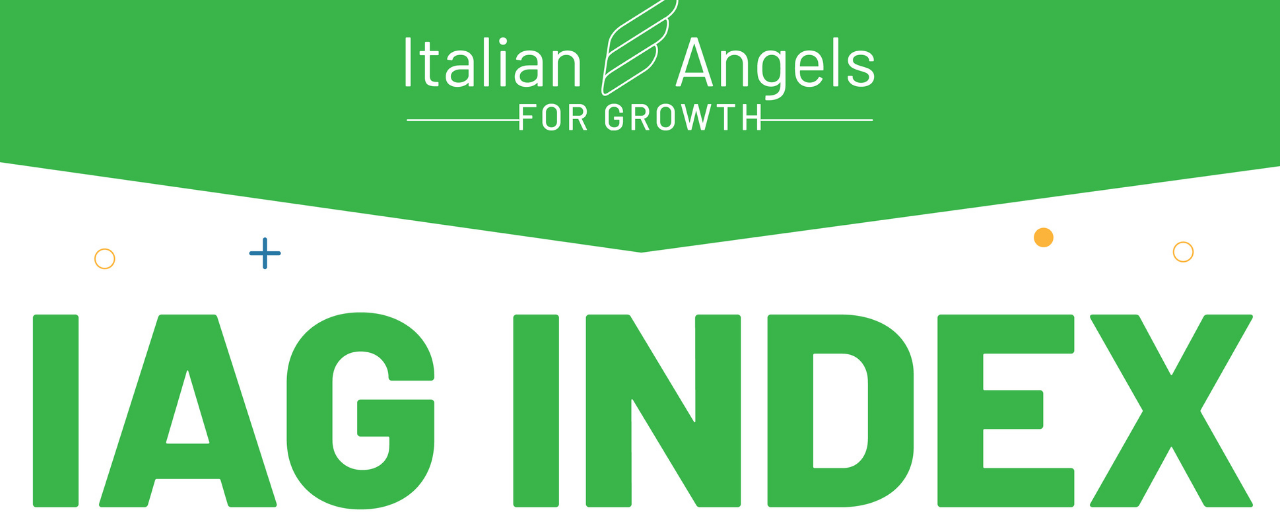2020 was the year of Life Sciences industry. This is demonstrated by the number and volume of market listings of companies in the sector, which have reached an all-time high globally. The same interest in this area is registered in Italy, as evidenced by the IAG Index.
The IAG Index itself highlights the fundamental role played by business angels in the growth path of companies working on the development of new drugs, therapies and vaccines.
When one thinks about the commercialization of new pharmaceutical products, one is led to attribute these discoveries to the large companies that have dominated the pharmaceutical field for decades, and that actually bring these products to market. On the contrary, they arise from teams of doctors and universities and are now almost always carried out in the early stages of research by small companies; large companies only come into play at an advanced stage of the long research and development process that leads to the marketing of a new drug.
The index, which is calculated on the IAG’s deal flow, is based on 5 parameters: industrial sector, stage of the fundraising round, valuation, geographical area and gender diversity in the team.
The main results – as of December 2020 – are the following:
Sector differentiation is balanced between four main macro-areas: deep tech, digital, life science and fintech. 36,9% of the analysed start-ups are related to the digital area, which includes several sub-sectors such as: B2B software, marketplace, fashion, food & agritech, turism, etc. 29% of the analysed start-ups and about 40% of the finalised investments are related to start-ups of the life science sector, and in particular biotech (pharmaceutical research and innovative biological materials) and medtech (mainly medical and robotic instruments aimed at revolutionising medical treatments and processes).
Most of the IAG’s deal flow is related to start-ups looking for seed capital (63%). That means start-ups with a product / service already tested on the reference market, and therefore looking for capital to start sales and create an organisation. A lower number of start-ups (20,6%) contact IAG for a series A round. These are companies in their scaling-up phase, with a validated business model and KPIs to present to investors.








